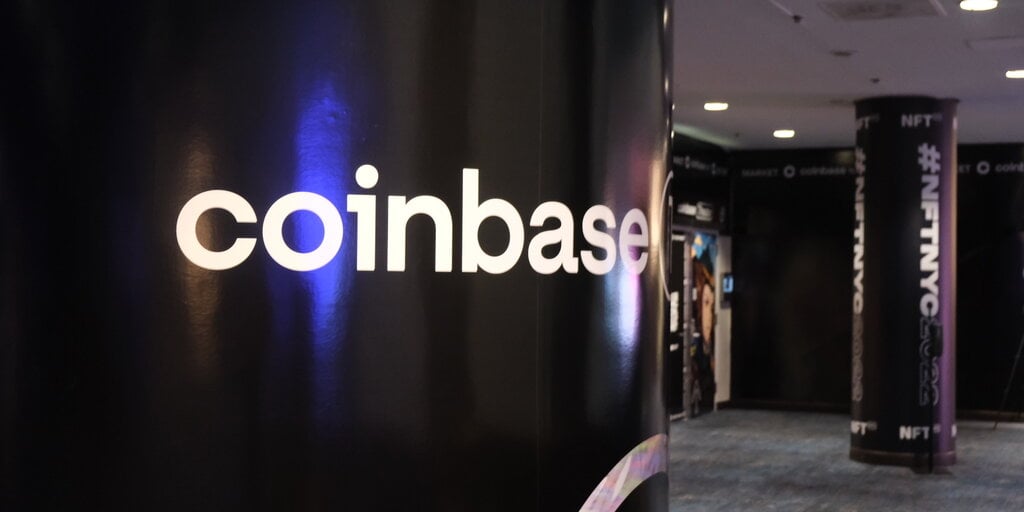Entri, a software provider, accuses GoDaddy, a major domain registrar, of anti-competitive practices, interference with business contracts, and limiting market choices. The court’s recent denial of GoDaddy's motion to dismiss the case signals that Entri has presented plausible claims, setting the stage for further legal proceedings. After the recent ruling by the court, Abe Storey, founder and CEO of Entri spoke to TechRadar Pro, stating:
“We're glad the court recognizes that GoDaddy's attempt to deprive their customers of the freedom to use their preferred software is precisely the harmful, anticompetitive actions the Sherman Act forbids. GoDaddy's continued efforts to regulate a web domain's use through conduct outside its role as a registrar endangers the open internet as we know it today.”
The case Entri, LLC v. GoDaddy.com, LLC reflects a complex legal battle in the U.S. District Court for the Eastern District of Virginia, revolving around competition in the domain registration and configuration market.
Judge approves Entri’s major points for trial
GoDaddy holds a dominant position in the U.S. domain registration market, controlling approximately 40% of all registered domains. Traditionally, users who lease domain names can configure them manually or via third-party services using Domain Connect, GoDaddy’s integration protocol. In 2021, Entri introduced Entri Connect, a software solution that automates DNS record configuration, offering smoother integration for SaaS providers and their users. Entri Connect quickly gained traction, with many third-party users preferring it over GoDaddy's Domain Connect.
Initially, GoDaddy allowed Entri Connect to operate within its ecosystem. However, tensions arose when GoDaddy introduced new policies in 2023 that prohibited the use of aggregator services like Entri Connect, restricting users to either Domain Connect or manual configuration. Entri claims that GoDaddy’s actions disrupted its business by terminating existing contracts and discouraging potential deals.
Entri argues that GoDaddy's policies violate Section 1 of the Sherman Antitrust Act by instituting a negative tying arrangement. This restriction forces users to abandon competing products like Entri Connect, reducing market competition. Entri also claims GoDaddy deliberately interfered with its business contracts by notifying SaaS companies about its restrictive new policies, leading some companies to cancel or modify existing agreements.
Anthony J. Trenga, Senior US District Judge, said, "GoDaddy’s negative tie cuts off all aggregator services, including Entri Connect, from competing in the DNS records configuration market. Instead, the only option is choosing between GoDaddy’s Domain Connect protocol or requiring users to manually update their DNS records. This deprivation of choice is precisely the kind of anticompetitive harm that the Sherman Act forbids"
GoDaddy’s market dominance allows it to set terms that impact smaller players like Entri, demonstrating the fine line between legitimate business practices and anti-competitive behavior. This case serves as a critical reminder that while companies can set policies to protect their platforms, they must not use those policies to stifle competition unlawfully.
More from TechRadar Pro
- These are the best cloud backup services
- AI is becoming increasingly vital in software development
- Take a look at some of the best internet security suites





:quality(85):upscale()/2023/09/21/802/n/1922729/d9a11ce9650c8850437280.00070284_.jpg)
:quality(85):upscale()/2024/10/30/955/n/42301552/28e49c1e6722ab5b973b38.46745005_.jpg)

:quality(85):upscale()/2024/10/30/711/n/1922441/c62313206722590ade53c4.47456265_.jpg)

 English (US) ·
English (US) ·